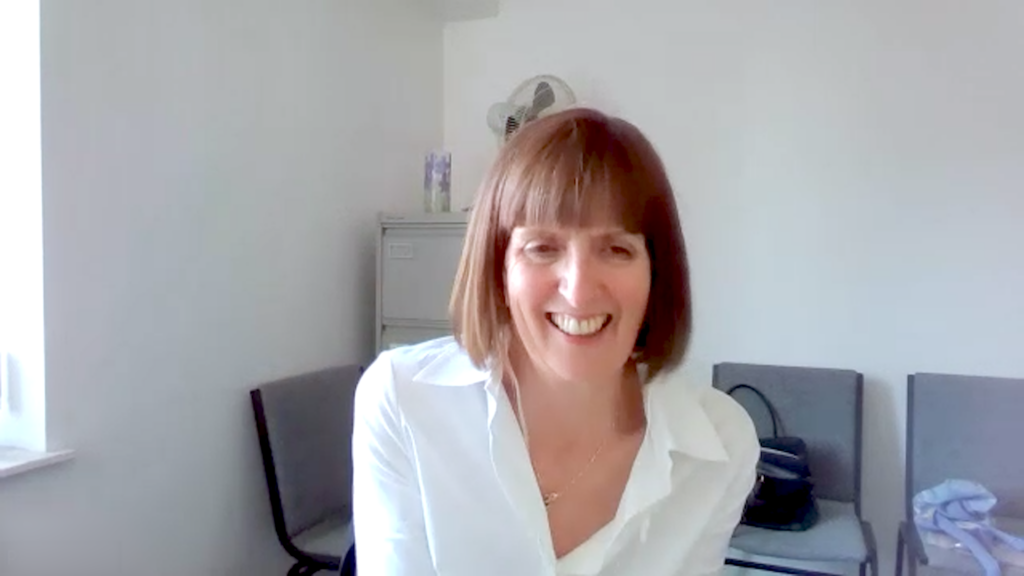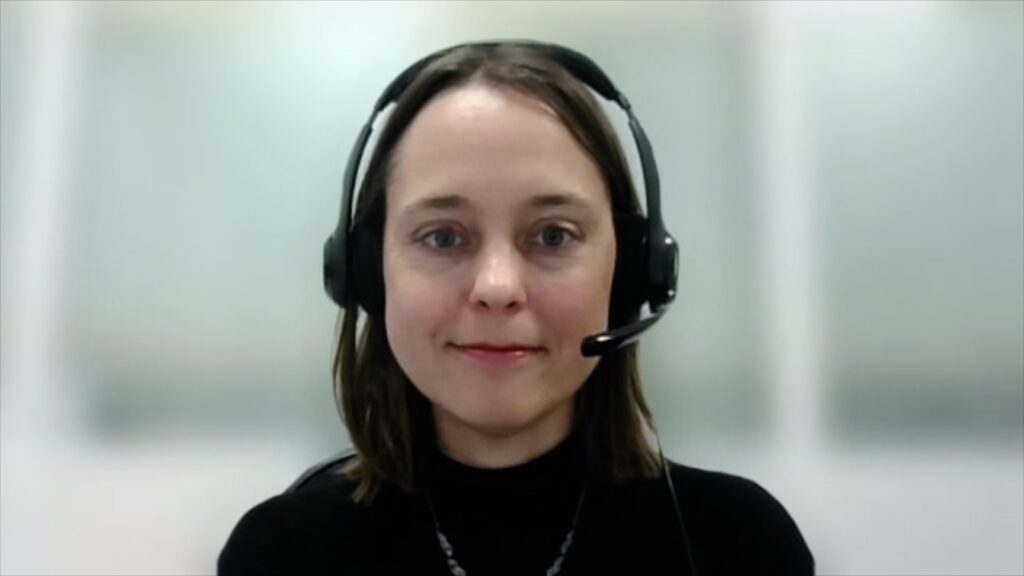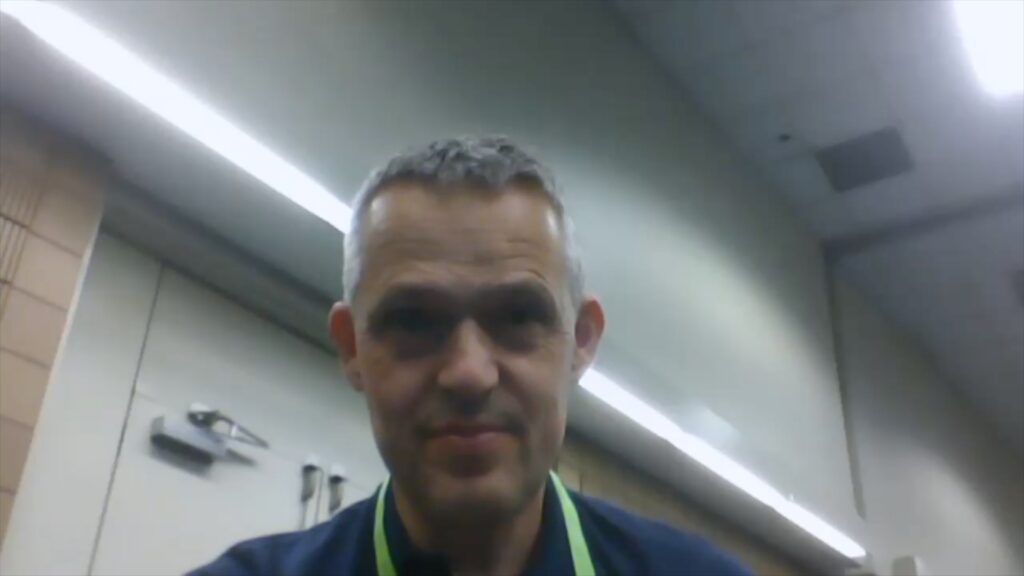Our Editorial Board supports our mission to advance medical knowledge and practice by ensuring the integrity, relevance and impact of the content we publish. Together, we strive to foster a vibrant academic community and contribute to the continuous improvement of healthcare worldwide.
Prof Axel Merseburger and the touchONCOLOGY team are thrilled to welcome our two new editorial board members, Dr Fatemeh Ardeshir-Larijani (Emory School of Medicine, Atlanta, GA, USA), specializing in thoracic oncology and Dr Rimas V Lukas (Robert H. Lurie Comprehensive Cancer Center, Chicago, IL, USA), specializing in neuro-oncology. We are looking forward to working with you both!
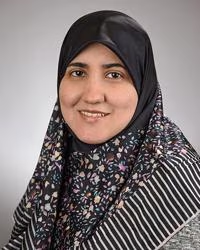 Dr Fatemeh Ardeshir-Larijani (Thoracic oncology)
Dr Fatemeh Ardeshir-Larijani (Thoracic oncology)
Q1. Is there a particular moment or experience in your career that reinforced your passion for your specialty?
Early in my training, I had a rotation in pediatric oncology and attended the clinic for acute lymphoblastic leukemia. This clinic followed up with patients until the age of 40, and it was rewarding to see patients coming back after 30 years and staying healthy and happy.
Q2. What is the most valuable lesson a mentor has shared with you, and how has it influenced your work?
One of the most valuable lessons my fellowship mentors, Drs. Einhorn and Loehrer, shared with me is the importance of holistic patient care–balancing cutting-edge science with empathy and compassion.
Q3. What advice would you offer to those just beginning their journey in your specialty?
To those just beginning their journey in oncology, my advice is to follow your passion and strive to bridge the gap between the bench and the bedside. Oncology is a field where cutting-edge science meets profound human connection, and the ability to translate discoveries into meaningful patient care is what makes it so rewarding. Stay curious, embrace lifelong learning, and never lose sight of the person behind the diagnosis.
Q4. What have been the most significant challenges in your career journey so far, and how have you overcome them?
I believe that time management and resilience are two of the most significant challenges in academia. Time Management: Prioritizing tasks, scheduling dedicated blocks for patient care and research, setting boundaries between work and family, and utilizing AI tools have proven to be effective strategies. Resilience: Building a network of supportive colleagues, reflecting on our achievements, and embracing flexibility have also been instrumental in overcoming challenges.
Q5. What aspects of your work do you find the most fulfilling?
I find the most fulfillment in oncology through the meaningful relationships I build with my patients, witnessing the impact of my care on their lives, and engaging in translational research that connecting bedside and bench, ultimately contributing to improved treatments and outcomes.
Q6. Looking ahead, what current development or trend in your specialty excites you the most? In the near future, we will be able to contribute more AI technology to biomarker discovery and drug development in oncology, enabling us to offer more personalized treatment.
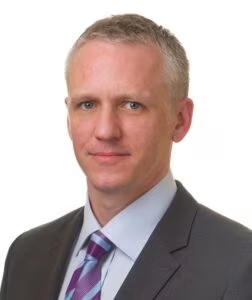 Dr Rimas V Lukas (Neurological oncology)
Dr Rimas V Lukas (Neurological oncology)
Q1. What have been the most significant challenges in your career journey so far, and how have you overcome them?
Calendar management. The pull of different responsibilities both at work (clinical, scholarly, administrative) and outside of it are not always easy to navigate.
Q2. What aspects of your work do you find the most fulfilling?
I enjoy the opportunity to work with others in a collaborative environment and to assist in the teaching of a younger generation which I anticipate will be able to move the field forward.
Q3. What advice would you offer to those just beginning their journey in your specialty? Consider how you can maximize your efficiency. Keep in mind the differing timelines (weeks, months, years) of various projects and understand the benefit of continued academic activity over the course of one’s career.
SIGN UP to touchONCOLOGY!
Join our global community today for access to thousands of peer-reviewed articles, expert insights, and learn-on-the-go education across 150+ specialties, plus concise email updates and newsletters so you never miss out.
Click here to REGISTER NOW >>>



